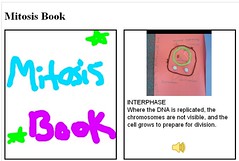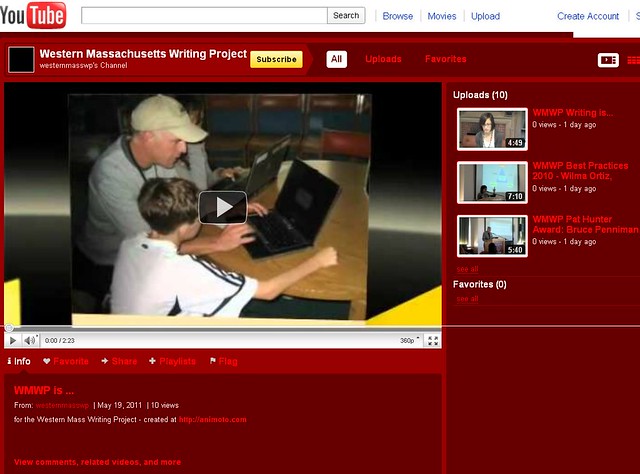I wanted to alert you to an interesting Teachers Teaching Teachers program that is slated for tonight on the topic of gaming. It sounds like hosts Paul and Susan have a lot of interesting folks coming onto the air to talk about the rationale and potential of bringing elements of gaming into the learning environment.
In an email alerting folks to the show, Paul outlines some questions that one teacher (a friend, Janelle, from Texas) has about gaming:
- How did you all begin including gaming curriculum in your classrooms?
- What are some of your biggest successes? Challenges?
- How much game playing goes on in your classroom? Do students only play in social action games? What does that conversation look like? What norms are set prior to this?
- I’m thinking about using the games students play on a regular basis as media for students to deconstruct and analyze in terms of influencing identity. Should I be playing all these games to get a better idea? Or will observing the students play suffice? What does a teacher do if he or she is not good at playing those video games?
- Designing games really requires deep content knowledge. How much experience with game design did you have prior to letting the students explore that avenue?
- Could you tell us about Scratch? What are the benefits of this program as compared to Game Star Mechanic?
- What kind of evaluation do you use around gaming?
- Is it all informal discourse based assessment, or do you do something more formal?
- Has your game playing been limited to computer games or have you also used standalone consuls?
- How much time did you have to dedicate to help students understand how to utilize the game design tool before they began designing? Do you feel that this time has been detrimental to fulfilling your ability to satisfy state standards?
Another guest will be Samantha Adams, from the New Media Consortium, which published the Horizon Report. As Paul notes, this year’s report had a section on gaming. He quotes from the report:
Game-based learning has gained considerable traction since 2003, when James Gee began to describe the impact of game play on cognitive development. Since then, research and interest in the potential of gaming on learning has exploded, as has the diversity of games themselves, with the emergence of serious games as a genre, the proliferation of gaming platforms, and the evolution of games on mobile devices. Developers and researchers are working in every area of game-based learning, including games that are goal-oriented; social game environments; non-digital games that are easy to construct and play; games developed expressly for education; and commercial games that lend themselves to refining team and group skills. Role-playing, collaborative problem solving, and other forms of simulated experiences are recognized for having broad applicability across a wide range of disciplines.
Teachers Teaching Teachers has been focusing on gaming on and off this past year (see the archive of programs around gaming) and given the roster tonight, it is worth listening in, or waiting to hear the podcast (which is what I will need to do). The show takes place live tonight, Wednesday, May 25 at http://EdTechTalk.com/live at 9:00pm Eastern / 6:00pm Pacific / World Times.

